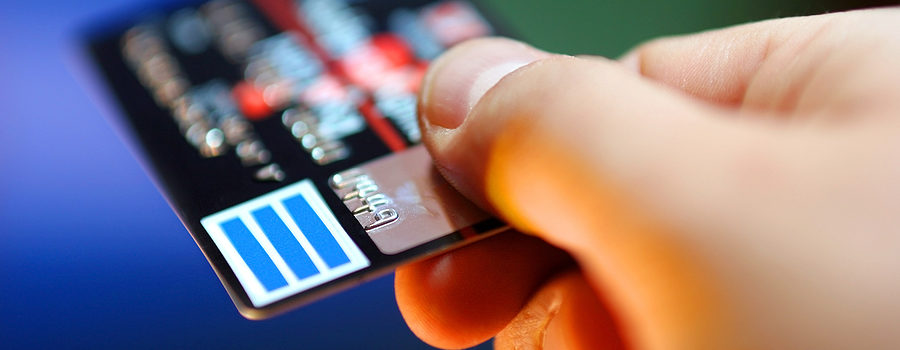Small Business Owners Are Tapping Their Personal Funds to Stay Afloat
Most people at this point are generally aware of the financial hardships facing small businesses in the wake of the COVID-19 pandemic. Between media coverage and anecdotal experience, it’s evident that some small companies simply aren’t coming back, and some of those that survive today are doing so by a thread.
But surveys and studies paint a clearer picture of just how difficult times are for small business owners. And one of them, by CreditCards.com, illustrates the lengths these owners are willing to go to remain open.
Small Business Owners Dipping Into Personal Funds
A July 2020 poll by CreditCards.com shows that some 35% of American small business decision makers have dug into their own personal funds to keep their businesses afloat since the pandemic began.
Specifically, 21% of small businesses have tapped into a personal savings account, and 24% have used a personal credit card, while 10% of respondents say they’ve leveraged both types of accounts.
That information comes as part of a broader look at the sources of financing small businesses have been forced to access amid forced and voluntary closures alike, as well as diminished traffic after reopening.
A quick breakdown of respondents’ answers:
- PPP Loan(s): 29.6%
- Other Types of Loan(s): 29.6%
- Personal Credit Card(s): 24.4%
- Business Savings Account(s): 24.4%
- Personal Savings Account(s): 20.7%
- Business Credit Card(s): 20.1%
What’s more, it seems unlikely that these borrowings will be enough, according to CreditCards.com’s poll. A majority (53%) of small-business decision-makers say “they will need either an increase in sales or some type of assistance just to stay in business this year.” Some of the largest examples included were a rebound in sales (32%), additional government assistance (19%) or a loan (8%).
But regardless of whether a business makes it through to the other side, tapping into personal funds for business purposes is fraught with risk.
The Dangers of Mixing Personal and Business Funds
From a pure personal-vs.-business-card standpoint, small business owners aren’t really taking a hit. CreditCards.com points out that “Most small business credit cards require a personal guarantee, so from a liability standpoint, there really isn’t much difference,” and that in many cases, consumer cards have better cardholder protections.
But from a finance perspective, many business owners are caught between a rock and a hard place. If their businesses fail, they risk losing their livelihood. But by effectively “doubling down” on their business through personal cards and accounts, they risk accumulating an unsustainable amount of combined debt and ruining their own personal finances.
Moreover, keeping personal and business expenditures separate provides legal protections for certain types of business structures. And comingling personal and business expenses can not only cause a headache at tax time, but potentially cost you money.
Keeping a separate bank account for business helps you keep your personal and business transactions separate, which they need to be when you file your taxes. Having to pick through both accounts during tax time isn’t just burdensome — it can make it more difficult to identify deductions and other tax breaks you might qualify for. Thus, it could cost you much-needed tax savings.
If you’re considering accessing your own personal funds for business expenses, talk to the business consulting experts at McManamon & Co. first. Our team boasts decades of combined experience helping companies across a broad spectrum of industries. So we can help you understand all of the financial options available to you.
Let us help you put your small business on better financial footing. Call us at 440.892.8900 or contact us online today.
Tags: McManamon, small business, small business bank account, small business banking, small business owner | Posted in Financing, small business
